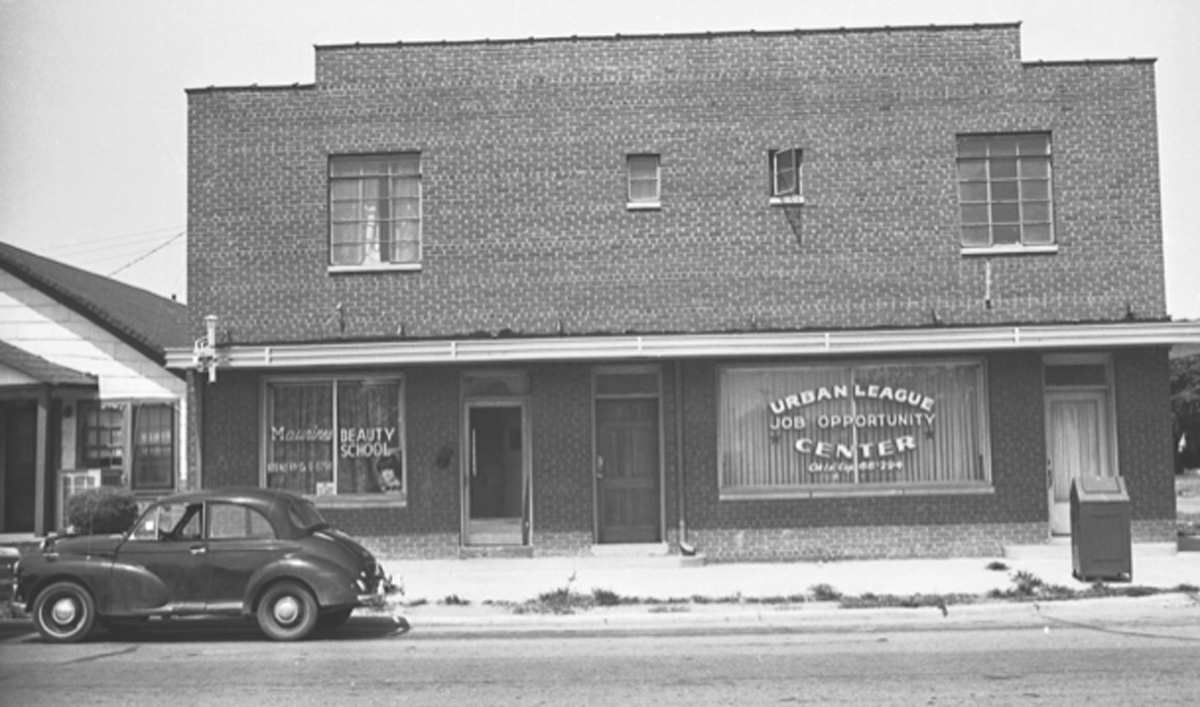An interracial, nonpartisan, interdenominational Board of Directors formed the Urban League in December 1946. The first Executive Director, Cenoria D. Johnson, was appointed and housed in the basement of the Stile-Street YWCA on Northeast 2nd St. and Stiles. Jesse T. Owens was elected president of the Board of Directors. The team of two staff and fourteen board members, along with an influential group of volunteers, shaped the organizational structure, established a basic program and adopted a method of operation.
One of the first tasks that confronted the new organization was the desegregation of the city’s fire department. The League played a significant role, along with other community leaders, in changing the employment practices to include “negroes” as fire fighters. The specific task of the League was to recruit and train the twelve first Black firemen.
The Urban League spearheaded:
- The hiring of the first Black Bus Drivers
- The acceptance of Blacks as apprentices in local unions
- The entrance of Black women in local hospital-based nursing training
- The appointment of Blacks to major local and state boards and commissions
During the first ten years of operation, the Urban League formed a volunteer auxiliary group known as the Urban League Guild. This addition completed the trilogy: a strong policy-making board, a well-trained dedicated staff and volunteer support ready to seek equality and justice.
Dr. F.D. Moon summed up the first ten years with this statement, “As a result of the Urban League, a type of community climate is being created in Oklahoma City which offers a great hope for all people in our City of Tomorrow.”

